You may or may not have the normal human urge to have a sexual desire. That is typical. Based on their unique experiences and biological needs, each man or woman has their own definition of what is “normal.” But a woman or man who has a low libido or low sexual desire and is bothered by this lack of interest in sex may have hypoactive sexual desire disorder (HSDD).
Male hypoactive sexual desire disorder (MHSDD) is marked by sexual or erotic thoughts, fantasies, and urges that keep coming back or don’t go away. These signs and symptoms must be clinically important and have been going on for at least six months. The subtypes of the condition are lifelong vs acquired, generalized versus situational, and severity level.
Does HSDD affect both genders?
Hypoactive sexual drive disorder was a gender-neutral condition that affected both men and women. Men are more likely to come in with erectile dysfunction than with low desire, so low desire isn’t usually the first clinical sexual complaint. Men may find it difficult to tell their doctors or psychologists that they don’t want to have sex because cultural or religious norms portray men as always wanting sex.
Researchers find it hard to figure out exact prevalence rates for the illness because epidemiological studies don’t usually include the full set of diagnostic criteria for HSDD. In research studies, men have been asked if they lack sex interest, but not if it has been going on for more than six months or if it worries them.

In one study, the frequency of distressingly low sexual attraction in men was looked at over a minimum of two months. Carvalheira, Traeen, and Tulhofer (2014) found that 14.4% of men in Portugal, Croatia, and Norway had a worrying lack of sexual desire that lasted at least two months. Men who reported having little sexual interest were most likely to be between the ages of 30 and 39.
In the past, hormones have been the subject of biological studies on men’s poor sexual desire. Recent research has also looked into the connection between neurological conditions and low sexual drive. Relationship problems and certain mental health issues seem to be psychological reasons why people don’t want to be sexual.
What exactly is HSDD
HSDD is characterized by a lack of sexual ideas and thoughts, as well as a desire for or sensitivity to sexual activity that makes the person feel bad or causes problems with other people. This anxiety is a crucial element. After all, some women who are thought to have low libidos may not experience any stress or issues with a partner as a result.
The Society for Women’s Health Research says that one in ten women experiences HSDD, making it one of the most prevalent female sexual issues even if prevalence figures vary.
What results in HSDD?
There are numerous possible physical and psychological explanations. As one example study reveals, breast cancer, diabetes, depression, urinary incontinence, thyroid issues, and multiple sclerosis are just a few of the health diseases linked to HSDD.
As the hormones that can cause (or stop) sexual desire and excitement may be out of whack, the problem may be caused by an imbalance of neurotransmitters, which are chemicals in the brain. Some drugs, like those used to treat depression, anxiety, and high blood pressure, and some The doctor may ask a series of questions called the Decreased Sexual Desire Screener (DSDS) to help figure out if the person has HSDD. The initial four inquiries are:
- Was your level of sexual interest and desire in the past positive and satisfactory to you?
- Has your degree of interest in or desire for sexual relations decreased?
- Are you disturbed by your diminished sex interest or desire?
- Would you like your level of interest in or desire for sex to rise?
Any woman who responds “no” to any of these will probably not be given an HSDD diagnosis. If she indicates “yes” to these, she will also be questioned about additional elements that could be influencing her lack of desire, such as her partner’s relationship, her level of stress and weariness, her physical and mental health concerns, her recent childbirth, and other circumstances.
As a form of treatment, a woman may go to sex therapy or counseling, either alone or with her husband, to deal with any possible mental health or relationship problems. In addition to treating the underlying health problems, medications may also be looked at as possible causes.
Flibanserin is the only FDA-approved medication for HSDD in women who have not yet reached menopause. This medication affects the brain’s neurotransmitters, or chemicals, linked to sexual arousal. When certain chemicals in the brain are out of balance, sexual interest and desire can go down. Flibanserin, taken as a once-daily medication, aids in maintaining the equilibrium of these substances.
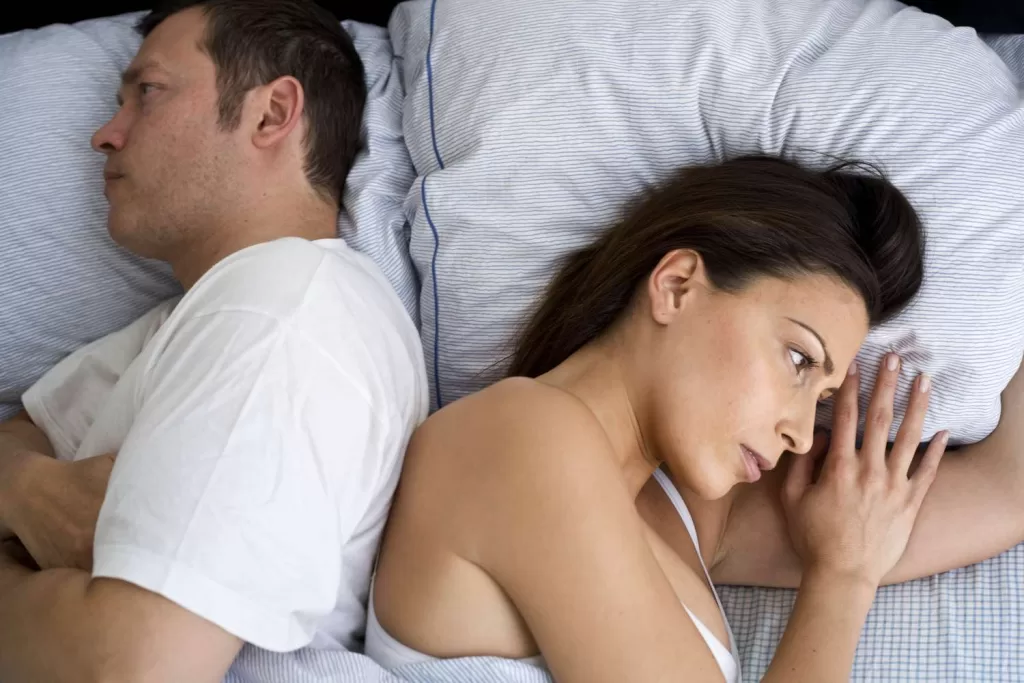
The following are some HSDD-related factors:
- hormone adjustments
- surgically induced menopause by removing one or both of the ovaries (which shows that women can experience this disorder regardless of age)
- low self-esteem,
- persistent diseases, such as diabetes or cancer treatments, or mental health issues in relationships (such as lack of trust or communication)
Myth: HSDD affects very few women
The most prevalent sexual illness in women, HSDD can strike at any age. The North American Menopause Society reports that the following proportion of women has the condition:
- 8.9 %(from ages 18 to 44)
- 12.3% of all women (from ages 45 to 64)
- 7.4% of females (ages 65 and older)
Even though this illness is common, it has always been hard to diagnose because so few people know about it.
Myth: HSDD therapy is not given a high priority.
A top priority for therapy is HSDD. The signs of HSDD shouldn’t be ignored because they have a lot to do with a woman’s overall health.
The symptoms of this condition can make a woman’s life less enjoyable, and they can also hurt her relationships with men in a big way. As a result, some women might go through sadness, insecurity, or social anxiety.
Also, women with this illness are more likely to have back pain and other health problems at the same time.
HSDD treatment options include:
Combination therapies using estrogen, such as sex therapies using estrogen and progesterone (speaking to a specialist can help a woman identify her wants and needs)
relationship or marriage therapy to aid in enhancing communication
In August 2015, the Food and Drug Administration (FDA) approved the oral drug flibanserin (Addyi) to treat HSDD in women before menopause. This is the first medication for the condition to be approved for use. But not everyone should take the medication. Hypotension (low blood pressure), fainting, and lightheadedness are some of the side effects.
As the second treatment for HSDD, the US FDA approved the-injectable drug Bremelanotide (Vyleesi) in 2019. Serious nausea and reactions at the injection site are possible side effects.
A woman’s physical and emotional health are significantly influenced by intimacy. Don’t be afraid to talk to your doctor about how your lack of sexual desire is making your life worse. There are various therapy possibilities.
Understanding Women and their Sexual desire
Sexuality and desire, or the lack of them, are based on a lot of different things that can change over time. There are many things at play, such as sexual identity, desire, arousal, orgasm, emotional pleasure, and intention.
Sexual desire is controlled by specific brain areas and processes. Dopamine and melanocortin are two neurotransmitters that are involved in the processing of sexual stimuli during sexual excitement. But the urge to be sexually excited is limited by systems of sexual inhibition that use opioids and other chemicals in the brain.
We do know that certain circumstances increase a woman’s likelihood of having HSDD, even if the exact mechanisms and causes of these brain inhibitory systems that cause HSDD in women are still not fully understood. These consist of:
- performance of the partner’s sexual organs
- health issues like diabetes.
- pharmaceutical side effects, including those from blood pressure medicines or regularly used antidepressants.
- negative perspectives about sexual
- relationship issues, such as abuse on an emotional or physical level.
- mental health conditions, including anxiety and depression.
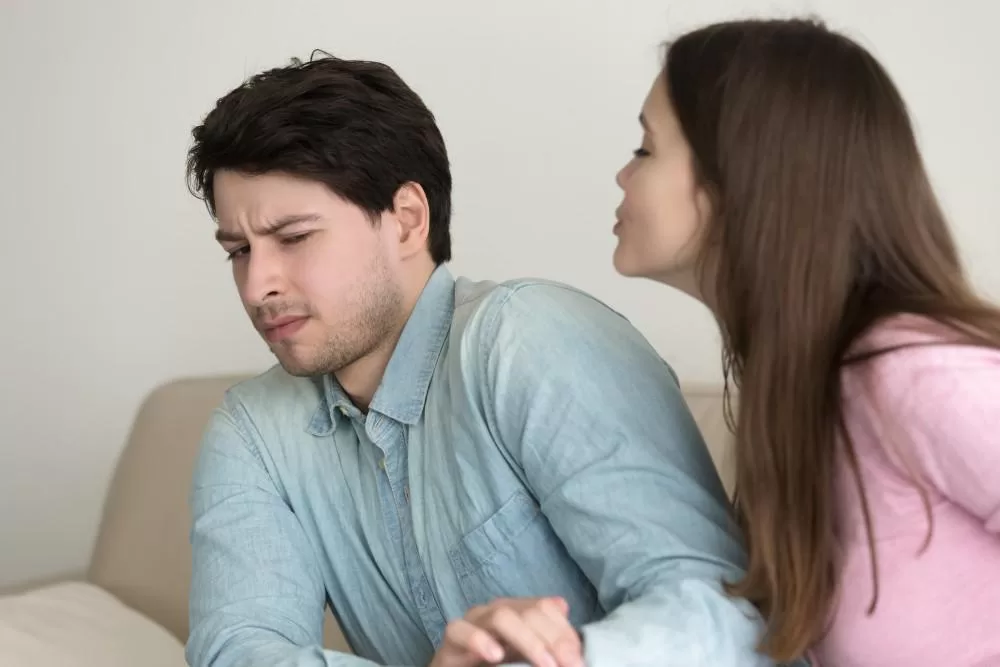
Many HSDD Patients also stated that women should be made aware of this as they grow up so they can assess the situation more accurately before it gets out of control and ruins relationships. Many people also miss having orientational confusion and frequently link this problem to gay or lesbian inclinations. The majority of women who learned about this ailment late have claimed that they have the following problems and are unable to comprehend the causes or underlying stressful situations as a result of their ignorance or any prior knowledge. They all however faced the following conditions.
- a lack of desire to initiate or maintain a sexual relationship.
- absence or reduction of irrational desire, which is required for sexual pleasure.
- not reacting to sexual cues or stimulation, which may involve vision or other senses.
- reduced or lost the capacity to sustain sexual interest or desire for at least six months.
- excessive levels of personal tension brought on by a lack of sexual desire
Treatment for women with HSDD and poor libido (sex drive)
The hypoactive sex-drive disorder is treated by looking at the psychological, social, and biological parts of the problem. Every woman receives treatment that is specifically tailored to her own requirements and circumstances.
The best course of action is to frequently address the alleged underlying contributing causes of HSDD, concentrating initially on those that are very stressful for the woman. Before starting any kind of treatment, OB-GYNs talk to each patient in detail about all of their options. The options include:
sex therapy and psychotherapy
Psychotherapy is often helpful because it can help a woman work through unconscious tensions from her childhood or problems in her life right now.
Some couples with HSDD may need counseling for their marriage or relationship instead of or in addition to therapy. It may be a good idea to go to sex therapy sessions, which can sometimes include dual sex therapy with both partners.
Drug Medications
In 2015, the US FDA approved the drug flibanserin, which is sold under the brand name Addyi, to treat generalized HSDD in premenopausal women. A nonhormonal daily medicine called flibanserin boosts sexual desire and the frequency of enjoyable sexual experiences.
The FDA says that you shouldn’t drink alcohol for at least two hours after taking flibanserin to avoid low blood pressure or passing out.
Off label medications
Testosterone is often given to perimenopausal and menopausal women because it helps control the reproductive hormones that affect sexual arousal, sex drive, and stress. Systemic hormone administration is only advised for postmenopausal women.
Bupropion is an antidepressant that has been shown to help HSDD patients with orgasms, arousal, and sexual function. This is a daily medicine that helps people with HSDD caused by SSRI antidepressants the most.
Buspirone is a drug used to treat anxiety disorders. It can increase sexual desire and can be taken before sexual activity. It is especially helpful for HSDD caused by Selective serotonin reuptake inhibitors.
As there hasn’t been a lot of research on the risks of these off-label medications for HIV, all treatment options require close monitoring of the patient.
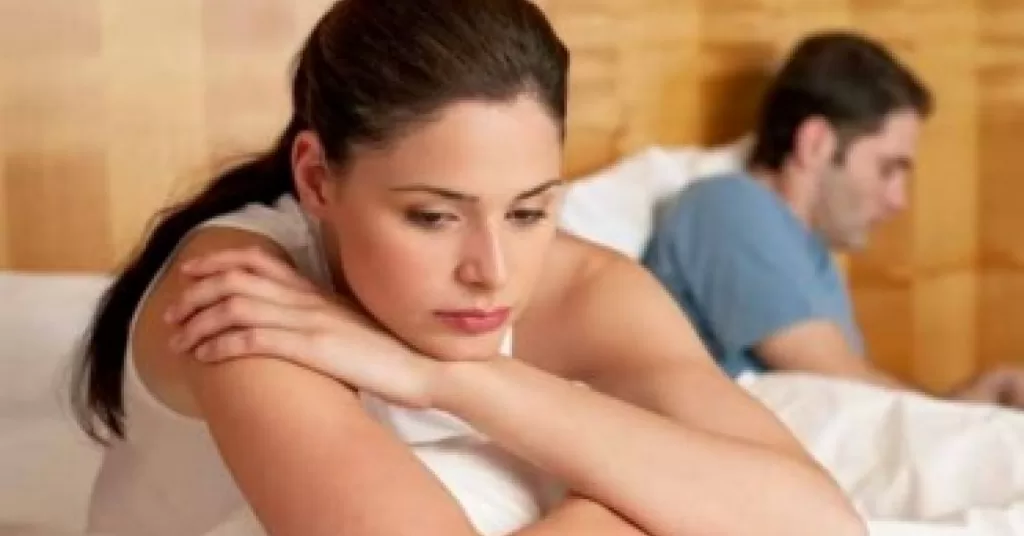
Do I exhibit HSDD symptoms?
This disorder’s typical signs and symptoms include:
- very little to no interest in having sex
- few to no sexual fantasies little to no genital feelings during sexual urges vity, usually between
- severe deterioration or loss of sexual ideas
- a sharp drop in sex-initiating behavior or interest
- decrease of receptivity or a sharp drop in a partner initiating sex
- time indifference in initiating sexual intercourse, and little responsiveness to a partner’s efforts to initiate
The symptoms will last for at least six months and have a negative impact on the quality of life. It may be time to speak with your doctor if your sex drive is so low that it is harming your close relationships. It’s important to remember that for something to be called a disorder, it has to cause a lot of stress or problems with other people. It also can’t be caused by another mental illness, a physical condition, a drug (legal or illegal), a difficult relationship, or other major stressors.
There are many different factors that can affect a woman’s sexual drive. Before beginning this disorder’s treatment, it’s crucial to comprehend the cause of this ailment. Your body might be telling you to talk to your doctor if you are experiencing these symptoms. Your declining sexual desire can be an indication of something deeper.
Do I have a chance of getting HSDD?
Every woman will occasionally have her sexual drive shift. At least six months will pass until the symptoms of HSDD disappear. If your symptoms have hurt your relationships or your sense of self-worth, you should think about the following HSDD risk factors:
- medical diseases like diabetes and thyroid issues can cause sexual dysfunction
- history of abuse, whether physical or emotional, including physical and emotional mental health conditions like depression or anxiety
- having stressful work that significantly increases anxiety
- a lack of confidence in close connections
These variables do not guarantee that a woman will experience HSDD. But the danger is greater.
If your doctor knows what your problems are really about, they will be able to evaluate you and tell you what to do next. If your doctor knows what your problems are really about, they will be able to evaluate you and tell you what to do next.
Should I get medical help for these symptoms?
It is fairly typical to have HSDD. However, because so little is known about it, a diagnosis can be challenging.
If any of the following are true, you should talk to a doctor about your decreased sexual drive:
- Low libido has a significant impact on the quality of life by making sex in personal relationships less enjoyable or interesting.
- a decline in social engagement
- symptoms of poor self-esteem that last for at least six months
Some women can be unsure of where to start when seeking medical advice for HSDD. From general practitioners to gynecologists, psychiatrists, and sex therapists, medical experts treat HSDD. It’s best to start by talking to your healthcare provider. After assessing your symptoms, they can direct you to the appropriate specialist.
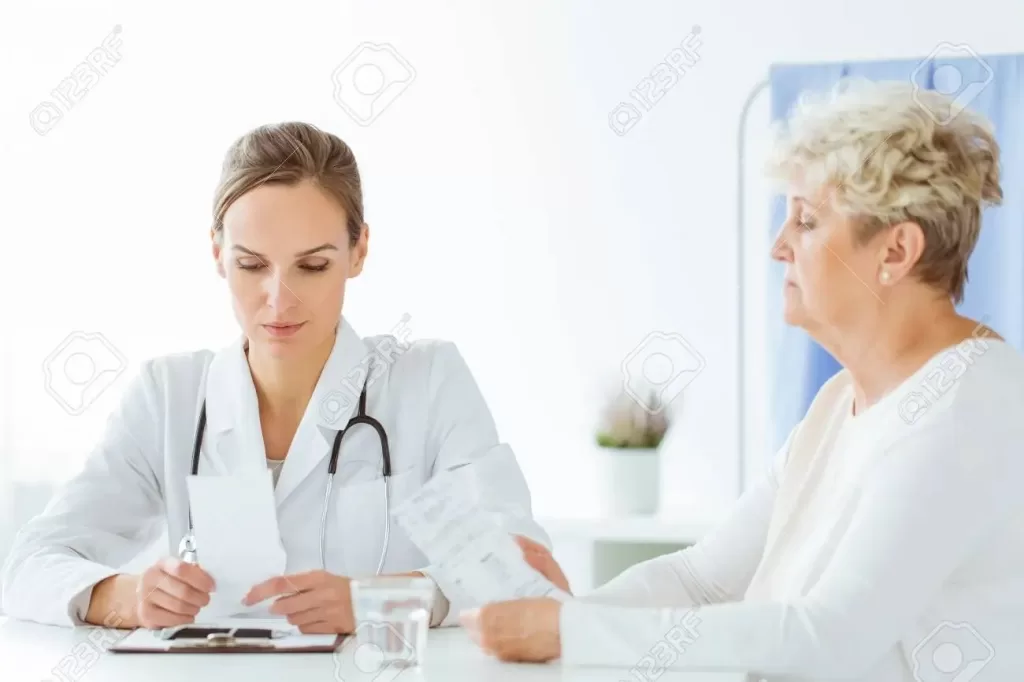
Conclusion
Women may have low libido or sexual drive at different points in their lives and in their relationships. Each woman’s low libido is unique, and it’s difficult to measure one’s disinterest in having sex. The woman’s interest may be lower than what is typical for her, and what is typical can change over the course of a woman’s life.
A woman should speak with her OB-GYN if she is worried that her sexual urges might be becoming problematic. Together, they can talk about her risk factors and symptoms (listed below), figure out how bad the problem is, and come up with good ways to treat it. In addition to the treatments below, this may require a change in medication or how you live your life.
Disclaimer: This information is for educational purposes only, and no medical advice should be inferred from it. Before changing your diet or adding supplements, please talk to your doctor.
The author’s views are his or her own. The facts and opinions in the article have been taken from various articles and commentaries available in the online media and Eastside Writers does not take any responsibility or obligation for them.
Note: Contact our Writers at www.eastsidewriters.com for writing Blogs/Articles on any niche. We have experts in various domains from Technology to Finance and from Spirituality to Lifestyle and Entertainment.
Originally posted 2022-12-16 07:40:11.




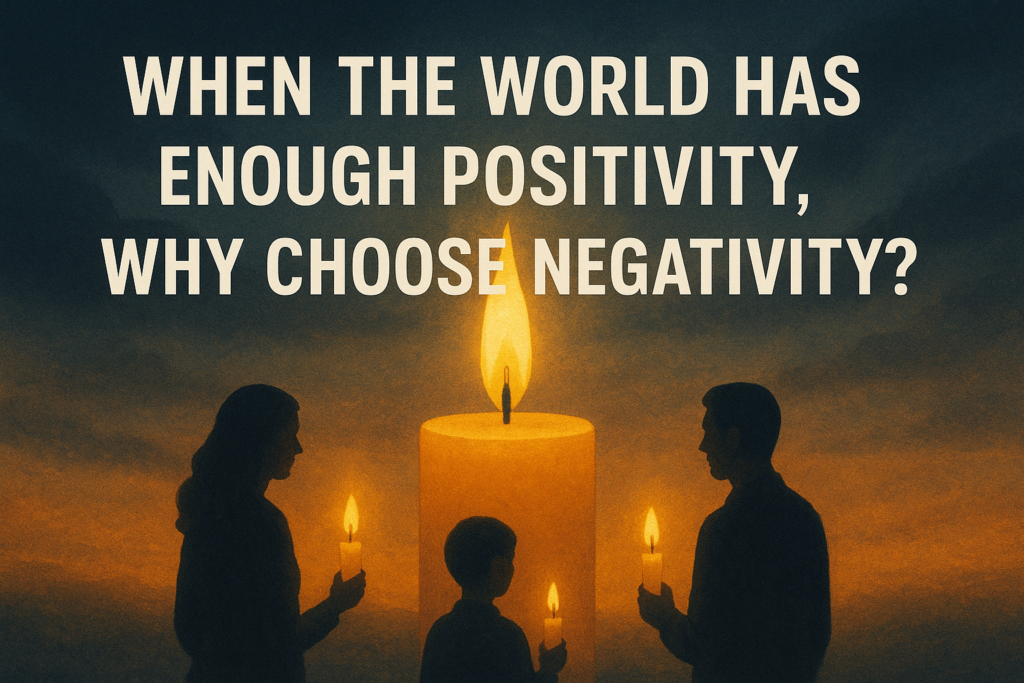

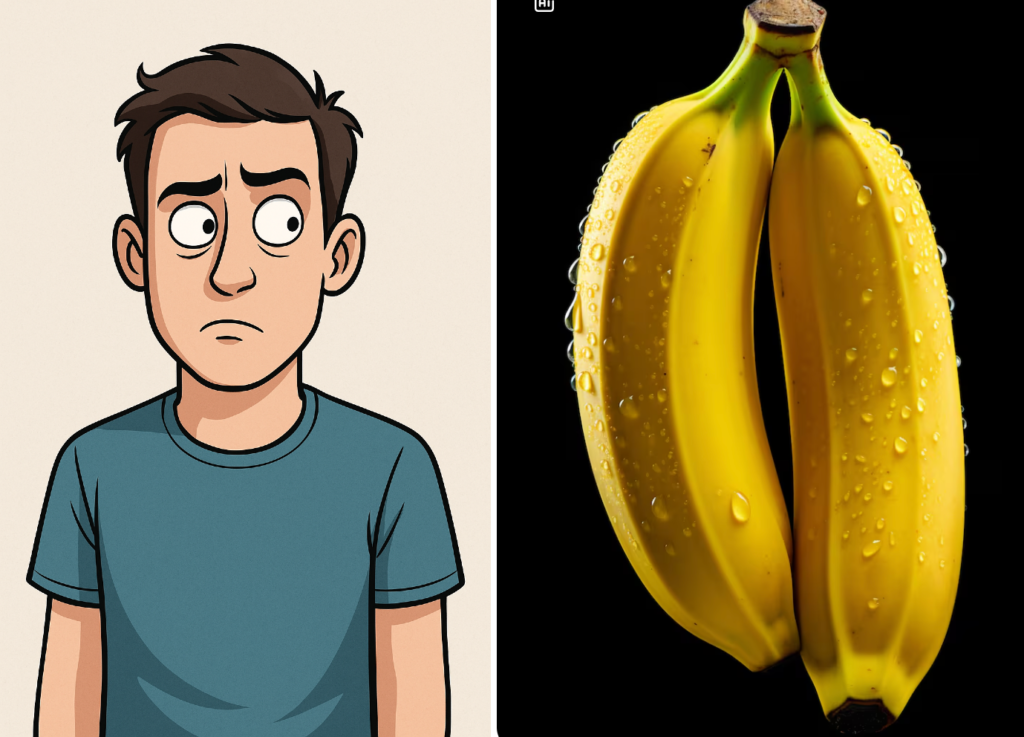
Such a huge useful information!
Pingback: Is The Foul Smell In Your Penis A Matter Of Concern
Pingback: Excellent news: Research presents Shockwave Therapy for Erectile Dysfunction. Can We Trust It? Does it really work? - Eastside Writers
Pingback: Exploring the Complex Realities of Frotteuristic disorder: The Shadows of Non-Consensual Burning Desires - Eastside Writers
Pingback: The Science Behind the Relieving Effects of Sexual Activity on Work Pressure and Stress - Eastside Writers
Pingback: The Burden and Agony of Pelvic Floor Pain and Its Path to Relief - Eastside Writers